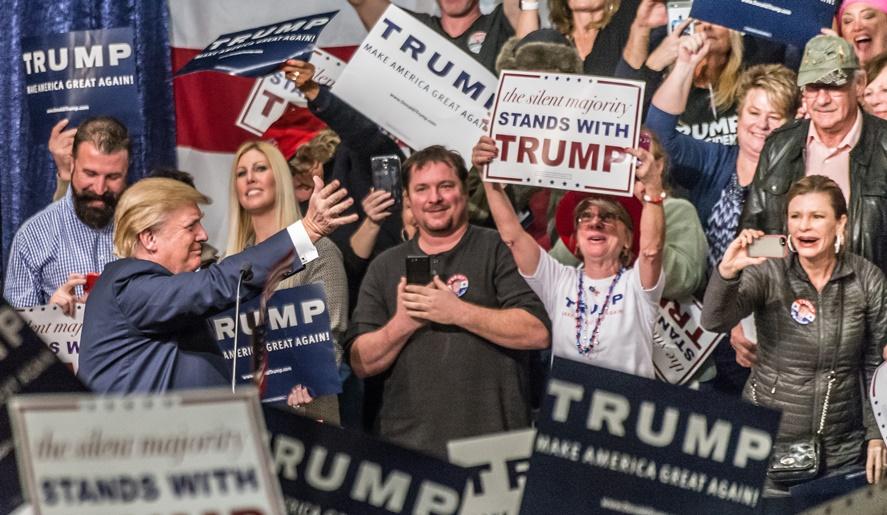By Paul Krugman, The New York Times, March 31, 2017
 |
| West Virginia voted solidly for Trump as the champion for the coal industry |
So coal-mining jobs have been disappearing for a long time. Even in West Virginia, the most coal-oriented state, it has been a quarter century since they accounted for as much as 5 percent of total employment.
What, then, do West Virginians actually do for a living these days? Well, many of them work in health care: Almost one in six workers is employed in the category “health care and social assistance.”
Oh, and where does the money for those health care jobs come from? Actually, a lot of it comes from Washington.
West Virginia has a relatively old population, so 22 percent of its residents are on Medicare, versus 16.7 percent for the nation as a whole. It’s also a state that has benefited hugely from Obamacare, with the percentage of the population lacking health insurance falling from 14 percent in 2013 to 6 percent in 2015; these gains came mainly from a big expansion of Medicaid.
It’s true that the nation as a whole pays for these health care programs with taxes. But an older, poorer state like West Virginia receives much more than it pays in — and it would have received virtually none of the tax cuts Trumpcare would have lavished on the wealthy.
Now think about what Trumpism means for a state like this. Killing environmental rules might bring back a few mining jobs, but not many, and mining isn’t really central to the economy in any case. Meanwhile, the Trump administration and its allies just tried to replace the Affordable Care Act. If they had succeeded, the effect would have been catastrophic for West Virginia, slashing Medicaid and sending insurance premiums for lower-income, older residents soaring.
Also, don’t forget that Paul Ryan has long pushed for the conversion of Medicare into an underfunded voucher scheme, which would be another body blow to retiree-heavy states.
And aside from the devastating effect on coverage, think about how the Republican assault on Obamacare would have affected the health sector that now employs so many West Virginians. It’s almost certain that the job losses from Trumpcare cuts would have greatly exceeded any possible gains in coal.
So West Virginia voted overwhelmingly against its own interests. And it wasn’t just because its citizens failed to understand the numbers, the reality of the trade-off between coal and health care jobs.
For the striking thing, as I said, is that coal isn’t even the state’s dominant industry these days. “Coal country” residents weren’t voting to preserve what they have, or had until recently; they were voting on behalf of a story their region tells about itself, a story that hasn’t been true for a generation or more.
Their Trump votes weren’t even about the region’s interests; they were about cultural symbolism.
Now, regional cultures that invoke a long-gone past are hardly unique to Appalachia; think of Texans wearing 10-gallon hats and cowboy boots as they stroll through air-conditioned malls. And there’s nothing wrong with that!
But when it comes to energy and environmental policy, we’re not talking about mere cultural affectations. Going backward on the environment will sicken and kill thousands in the near future; over the longer term, failing to act on climate change could, all too plausibly, lead to civilizational collapse.
So it’s incredible, and terrifying, to think that we may really be about to do all of that because Donald Trump successfully pandered to cultural nostalgia, to a longing for a vanished past when men were men and miners dug deep.
So it’s incredible, and terrifying, to think that we may really be about to do all of that because Donald Trump successfully pandered to cultural nostalgia, to a longing for a vanished past when men were men and miners dug deep.
No comments:
Post a Comment